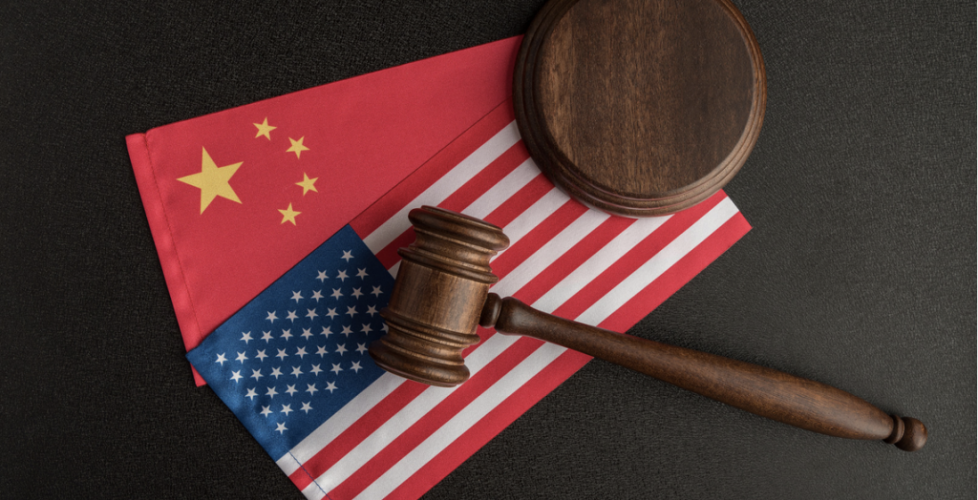Are There Legal Risks From Doing Business in China?
As the business world gets smaller, companies may find themselves doing business with subsidiaries of foreign companies, which can bring a whole set of new challenges.
For example, a California bankruptcy court judge recently approved a settlement agreement between the state-owned Aviation Industry Corp. of China, or AVIC, its subsidiaries and two American entities and their co-claimants. After years of litigation and under some duress, the Americans agreed to walk away with less than a third of the more than $85 million they were owed under an arbitrator’s judgment.
The story begins in 2008, when AVIC International USA, one of many AVIC subsidiaries, teamed up with Texas entrepreneur Patrick Jenevein, his company Tang Energy Group, and a handful of other American investors. Under a joint venture known as Soaring Wind, they agreed to work together on wind energy. But the relationship soured. Tang said it learned that AVIC USA’s sister subsidiaries were competing against Soaring Wind.
Tang’s lawyers claimed that AVIC, AVIC USA and several other AVIC subsidiaries were really “one entity,” and “the feigned corporate distinctions are a fictitious nod to western ways of doing business.” They alleged that the AVIC entities “accepted Tang’s work product, specialized knowledge, relationships and expertise within the industry and then used that knowledge for their own benefit and to usurp corporate opportunities to the detriment of Soaring Wind, Tang and its other members.” Tang asserted that AVIC and its subordinate entities had competed with Soaring Wind and violated the exclusivity clause of their agreement. An arbitration panel handed down an award of some $70 million against several AVIC entities in 2015.
Under the settlement agreement, AVIC USA will pay only $24 million of the more than $85 million it owed. Tang and Soaring Wind agreed to these terms after AVIC USA had sought to convert to a Chapter 7 liquidation bankruptcy. Mr. Jenevein could have petitioned Judge Kinkeade to lift the stay and to hold the other AVIC entities liable for the full damages as alter egos of AVIC USA. But that wouldn’t necessarily succeed, and it would give AVIC USA time to unload its remaining assets.
The settlement agreement states that “each AVIC Party hereby specifically denies it is an alter ego of AVIC USA or another AVIC Party, vicariously liable for any act or omission of another AVIC Party, or that its conduct can be imputed to another AVIC Party.” Yet according to the settlement agreement, the $24 million AVIC USA will pay Soaring Wind and Tang comes from its parent, AVIC International Holding Corporation, which is part of the broader AVIC family.
So in the end, U.S. companies Tang and Soaring Wind are owed more than $85 million, but they’ll collect less than 30% of that. We look to our courts to be the final say, but what happens when all parties don’t surrender control to those courts? That’s exactly what can happen when dealing with foreign entities.
Just spin the globe, put down your finger and you’re probably pointing at a legal dispute. They are EVERYWHERE. And when those things negatively impact YOU and/or YOUR business including bankruptcies, landlord/tenant matters including unlawful detainers, contract issues, nuisance ADA claims and even collections, call in your good guy business litigator, Dean Sperling to resolve YOUR matter with YOUR best interests in mind!
More on the case:
